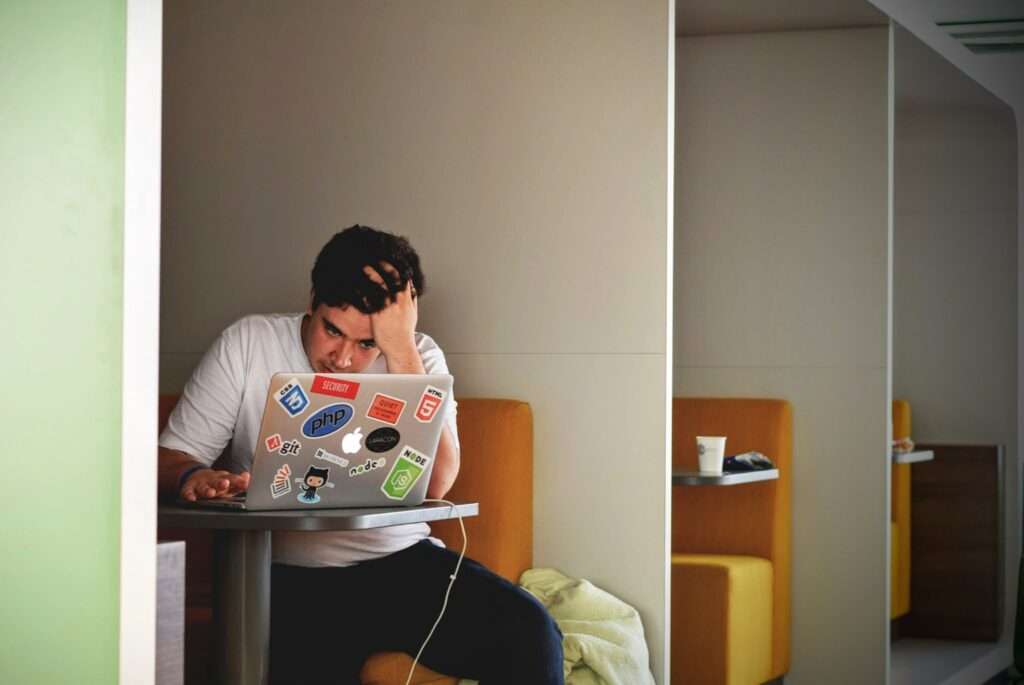Anxiety isn’t always doing something big like public speaking or going to an interview. Anxiety is present in everyday life, sometimes in the smallest things. It can make us question little things from wondering whether or not you left the oven on to worrying that people don’t like your outfit. There are a lot of forms of anxiety, but thankfully, there are a lot of ways to cope with it. I’m sharing 5 different practices that you can try to see what works for you!

1. Breathing
Breathing is so important when facing anxiety. There are many ways to focus your breathing, from a general focus to a specific pattern. A pattern I learned that I find very beneficial is using a pattern of four seconds. Inhale for the count of four, hold for four, exhale for four, hold for four. Breathe that way until you feel that knot in your chest start to loosen up. Breathing is simple, and it’s always with you.
2. Writing
Another simple technique to cope with anxiety is by writing. I always feel like a physical journal helps me to feel better as I write, but I know some people feel satisfied by typing into the Notes app on their phones! It’s best to find a quiet place to be able to process your thoughts and get them out in writing, but this is something that can be done pretty much anywhere. As you write, you might feel emotional, and it’s okay to feel anxious, frustrated, or even a bit overwhelmed. This process is about acknowledging your feelings.
3. Getting Active
Physical activity is like a natural mood-lifter, releasing those endorphins that give you positive energy and dial down anxiety. So, whether you choose to lace up your shoes for a refreshing walk or run, find your inner peace through yoga, or let loose through dancing, remember: every move is a step towards a calmer you. Focusing on physical activity really helps to calm anxieties.

4. Reaching Out
The last tips I talked about are all things you can do on your own, but you also have people around you to turn to and share your experiences with. Consider talking through your feelings with a trusted friend or family member. Sometimes saying things out loud brings clarity, and whoever you’re with will respond with support and might even offer a perspective you hadn’t considered.
5. Meditation
Spend a few minutes each day practicing mindfulness meditation. Tune into the present moment without judgment. It’s like a mental vacation from anxiety. Find a comfortable spot, sit or lie down, and close your eyes if you want. Take slow, deep breaths and just pay attention to each breath in and out. Sometimes when you start to meditate, your mind will start to wander and think, about anything. When that happens, you want to work to gently guide your focus back to your breath and away from your thoughts. With practice, you’ll find it easier to stay calm and ease your anxiety.
Remember that anxiety is a universal human experience that comes in different forms, and learning how to cope with it is a valuable skill that can make a big difference. We’ve explored practical techniques that don’t require intense work – just a willingness to try, learn, and grow.
If you or someone you know is struggling with anxiety and would benefit from outside help, please contact us today here at Salt Therapy & Wellness.
Brittain Keifer, MA, LMFT

